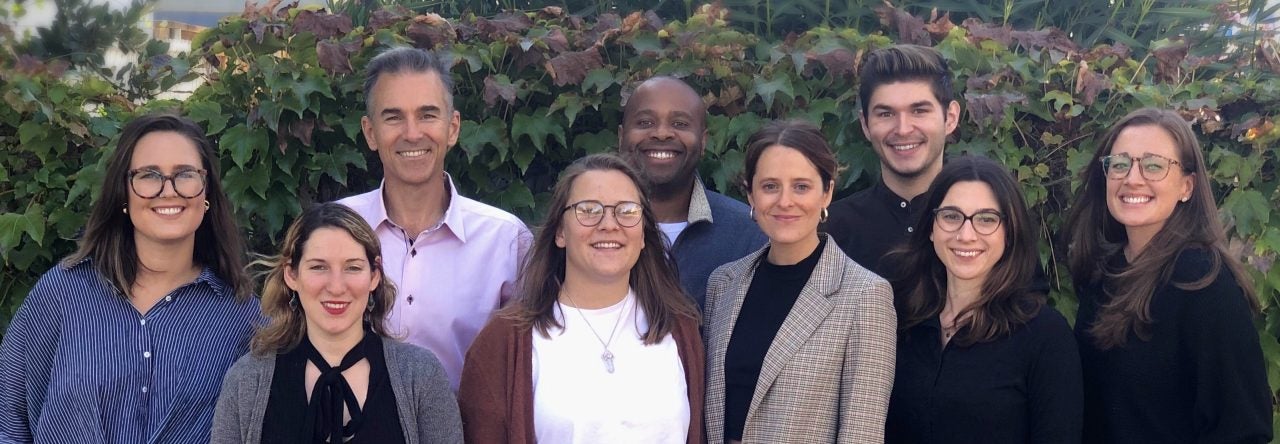Decision Making Study
In our current study, we are examining the types of decisions that adolescents make when they are considering the effects on other individuals, rather than considering the effects of a decision on themselves.
This is a single-visit project, which means we are looking at the types of decisions made by adolescents under one set of conditions in the lab. For this project we are recruiting teenagers aged 13-16. This study involves each adolescent and his or her parent making one visit to our laboratory at UC Davis’s Center for Mind and Brain. Both the adolescent and parent will be asked to complete a few questionnaires, then the adolescent will play two computer games that involve decision making tasks.
As a way to thank families for their time, participants will be compensated with cash valuing at $40: $35 for the teenager’s participation and $5 for the parent’s.
This research project is being done in order to learn more about the types of decisions that adolescents make and why. It is not meant to change behavior or help with problems. We are not qualified to offer you those kinds of services, and are not trained to give advice on what parents should or shouldn’t do with their children. Hopefully, what we learn in this research project will be useful, so that new ways of helping children can be developed.
______________________________________________________
CONFIDENTIALITY
We ask for families to give us a lot of information in this study. We want to explain how we protect the privacy of this information. We take your privacy very seriously. To protect your privacy, you will be assigned a number and this number, never your name, will be used to identify the information you provide. All of the questionnaires and videotapes will be stored in locked facilities at UC Davis, and only members of the research team have access to these materials. Unless you give us written permission to disclose information, any information provided will not be shown to your child’s teachers, and we will not show them the videotapes we make in the lab. As well, you will not be shown any of the questionnaires completed by your child’s teachers unless the teachers have given us written permission to do so.
All of the information that you provide is kept confidential, with only one exception. The exception is if we learn that a child is in danger of child abuse or neglect. If that comes up while we are working with a family, we are required to make a report to the appropriate authority so that help can be secured. We would involve the family in this process, to make sure both the child and the parents receive the assistance they need.
